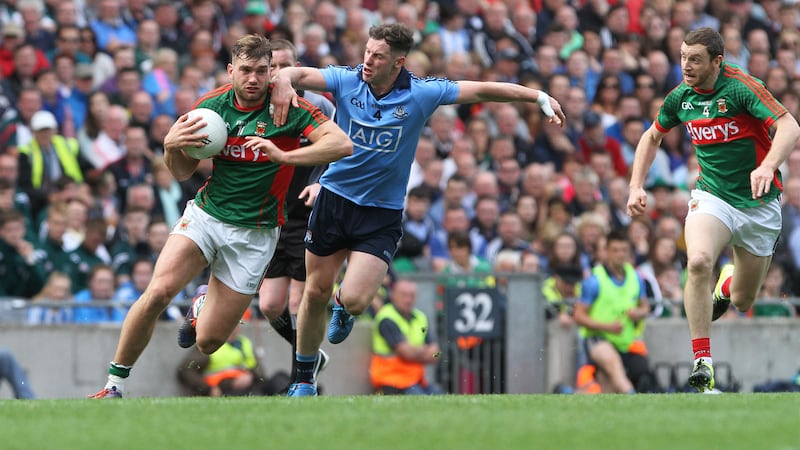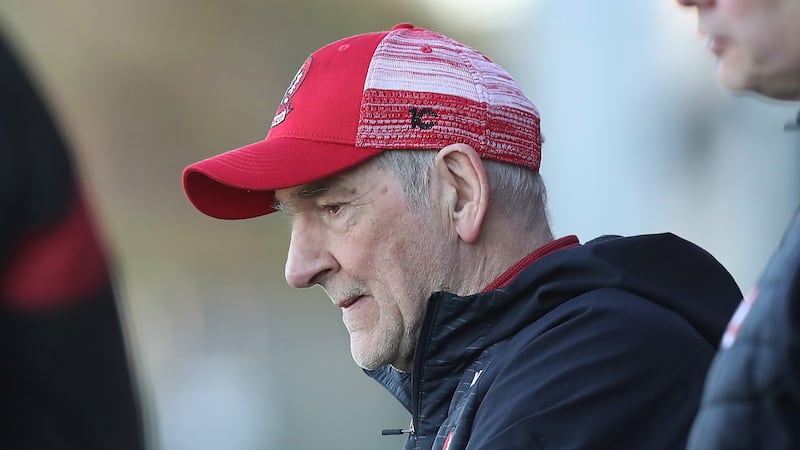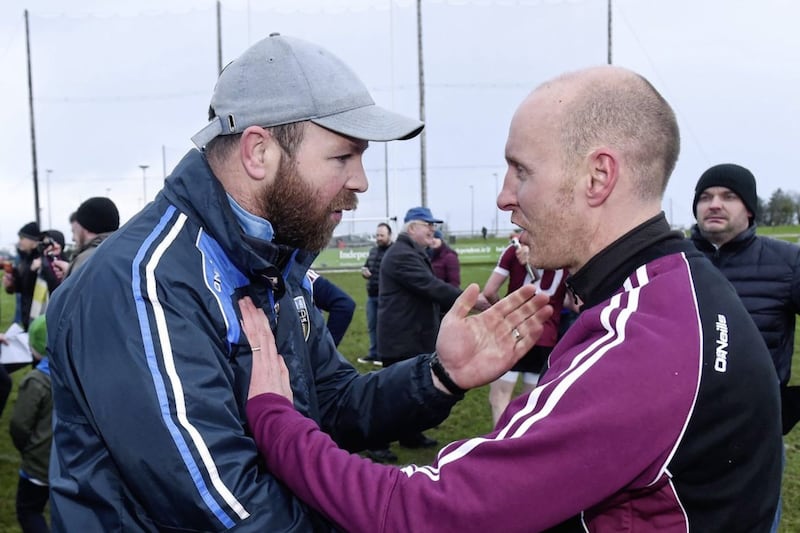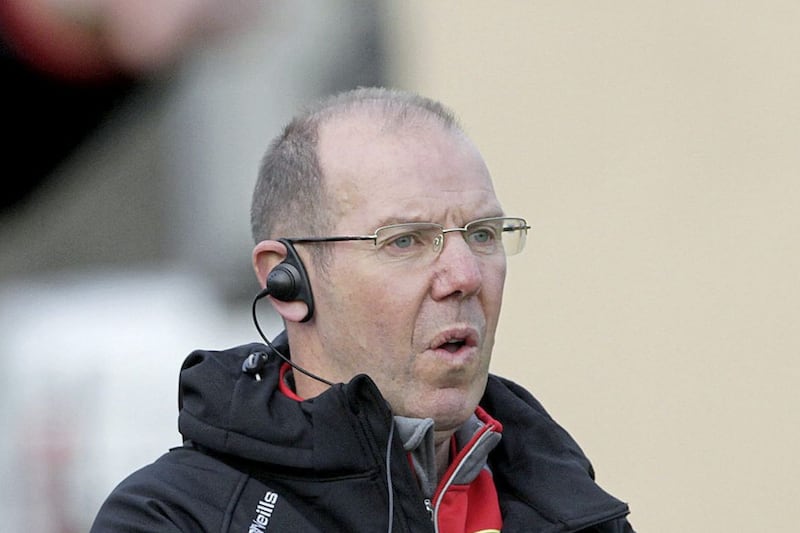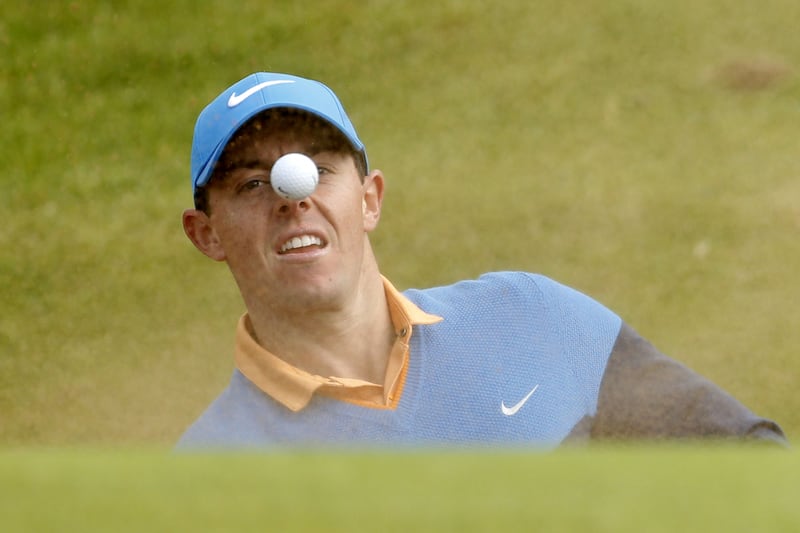COUNTY boards should take note.
It is going to happen more and more. Inter-county players are giving up their time, their families and their lives nowadays and the facts are they may get a small ‘grant’ to reimburse expenses accumulated during the year. This does not really go far enough, though, in terms of their actual costs.
The interview given last weekend by former Mayo joint-managers Pat Holmes and Noel Connelly to a national newspaper laid bare their acrimonious departure last year at the hands of a player revolt.
When you lose a vote of no-confidence 27-7, it is hard to complain that undue influence was placed by senior players on junior members, but the reasons for change would be considered by me to be rather trivial on reading the interview from their perspective.
When the players took the action they did, you would have to be naïve to think that, at some point, Holmes and Connelly were not going to have their say publicly.
While I was lucky never to be involved in a heave against management, it could have came to that on a few occasions. You were aware there was a few issues burning among the squad and that this was going to affect the mood the following season. However, the nuclear button was never pressed.
Paddy O’Rourke had four years at the helm and wanted another. The clubs decided against it. Ross Carr and DJ Kane had three years and wanted another. The clubs decided against it.
I think this is an awful way to do business within the GAA. Yes, it’s the democratic way, but the individuals themselves deserved more respect. As a player at the time, collectively, we were probably a bit naïve ourselves and weak. We had no position of strength.
As a team, we had won nothing, so the weight of opinion one carries into a showdown with the county board or club delegates could be easily rebuked in one statement: ‘What have you done worth talking about?’
It was the captain and vice-captain’s job at the time to rally the troops for the respective management, but it was probably not forceful enough, unlike the action Mayo took last year. Whether anything would have changed the fate of both managements’ outcome was highly doubtful.
Like everything, when you were playing, getting on well with the management and generally justifying your spot on the team, you did not want change.
As a player, you had built up that trust between player and manager. James Horan had this with his squad. However, this didn’t stop them identifying that James had his limitations when they met with Holmes and Connelly.
The thing about inter-county players is that most are selfish and inherently fickle. All want to play on the team, believe they should be on it and it is someone else’s fault if they are not. In a way it comes with the territory.
When you think about it, today’s inter-county player may appear robotic given that they are coached to death, however, they are far from stupid.
They realise the manager coming in is getting well ‘expensed’ for his time, as is the back-up team. Meanwhile, the player is expected to take whatever is being thrown at him and say nothing.
County boards are slow in catching on that it is in their best interests that players are paid the correct mileage and treated professionally, meaning that a happy camp of players will ensure management can concentrate on managing the many egos within an inter-county squad.
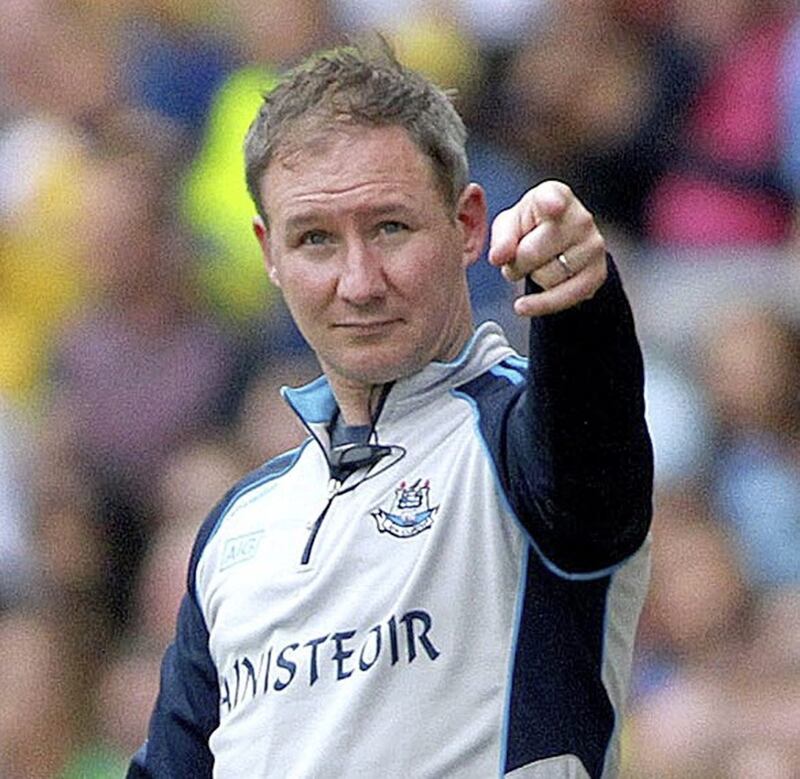
Picture by Séamus Loughran Dublin football boss Jim Gavin has created a blueprint for modern GAA management
Picture by Séamus Loughran
I am not sure how Jim Gavin manages the entire Dublin squad like he does. He seems to breed this very competitive environment, while it seems that, over the years, very little ill feeling has managed to leak its way into public. It seems like a blueprint for modern-day GAA management.
I could well say the merchandising commitments which most Dublin players have significantly dwarfs that of a Mayo player. But it was a bone of contention when Holmes and Connelly prevented Aiden O’Shea from partaking in a documentary about swapping codes - GAA for training with Premier League team Sunderland.
However, O’Shea was to get his trip to the USA and Miami eventually, while Holmes and Connelly were left out of a management job. I can see management’s point, but to prevent O’Shea from taking his documentary opportunity was wrong.
The fact was it was early in the season and it would never have impinged on the Championship, so why make a fuss over it? I think management appeared naïve in dealing with a modern player, especially one with an ego.
The alternative approach is to say ‘yes, go, enjoy it and we look forward to having you return well rested and ready to win an All-Ireland’. Seeing how Jose Mourinho deals with Zlatan Ibrahimovic is a case in point. With regards this whole saga, there are certainly lessons to learn for players and (ex-)management.
Two decent ex-players in Holmes and Connelly will be forever associated with this very public dismissal. For the current players, the pressure of an All-Ireland will only grow with each passing season.
